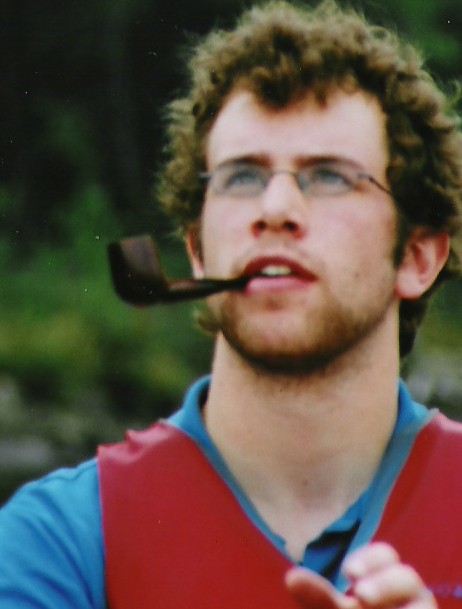"Wherever you are, there is vice and wickedness," said Pierre to his wife. (War and Peace, pg. 678)
693 is half of 1386. 1386 is the amount of pages in the book I am currently reading. Page 693 has been passed and I am now therefore past the half way point in this world of a novel. Page 693 also coincides, well almost, with the climax of the book, or at least the climax so far. For some reason I'm like a football coach at halftime, asked by a reporter to assess how the game is going so far and what adjustments I'm going to make for the second half. Well, sort of.
It is going well I should say. It is a world of a novel because Tolstoy literally creates a world (I use the word "literally" in the Vaudrian [see below] sense) which you become a part of whether you are conscious of it or not. But it is not a world like the world of Lord of the Rings with maps and topographical descriptions you can smell as you read, with characters you wish existed. No, the world of War and Peace is a world of people like you and I and as you read their persons come alive in your mind. They come alive in such a way that if the person actually climbed out of the novel and shook your hand, you would immediate recognise them and wonder if you hadn't met them before. They come alive in such a way that when the novel is done, when the reading is done, you feel as if their lives should continue on and that you should someday recall a character and think to yourself, "I wonder what ever happened to that fellow?"
And so I continue on. I try to keep a balance between wanting to finish and wanting to enjoy every step and looking around as I read to take it all in. That's the tricky part about climbing a mountain: to keep one eye on the summit and the other on the ground you're walking on.
---------------
The word "Vaudrian" refers to Dr. Richard W. Vaudry, my history professor at King's. He is widely known for his constant and improper use of the word "literally", to the extent that it has literally lost all meaning whatsoever. A couple quick examples: "When Henry VIII first set eyes on Anne Boleyn, his heart literally melted" or "William Ewart Gladstone literally ruled Parliament with an iron fist".
Friday, August 11, 2006
Subscribe to:
Post Comments (Atom)

1 comment:
For those of you scratching your heads on my use of the word "Vaudrian", it refers to Dr. Richard W. Vaudry, my history professor at King's. He is widely known for his constant and improper use of the word "literally", to the extent that it has literally lost all meaning whatsoever. A couple quick examples: "When Henry VIII first set eyes on Anne Boleyn, his heart literally melted" or "William Ewart Gladstone literally ruled Parliament with an iron fist".
Post a Comment